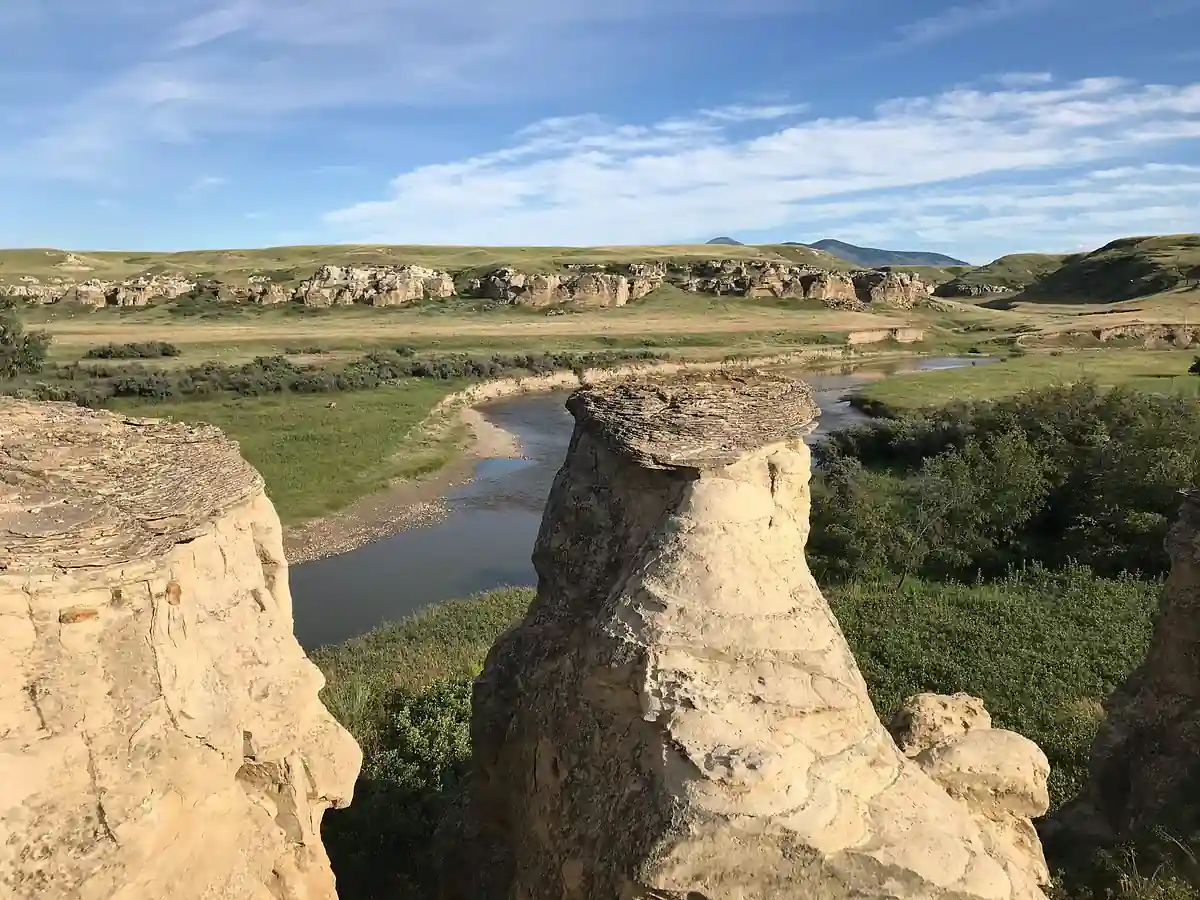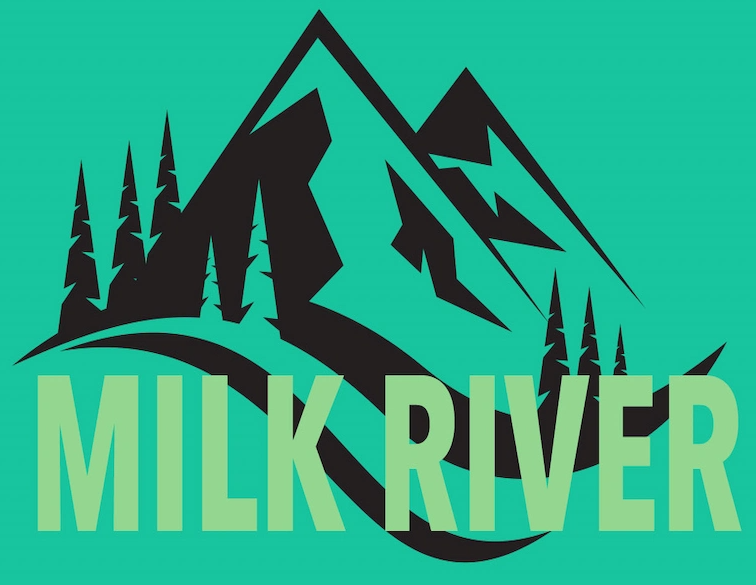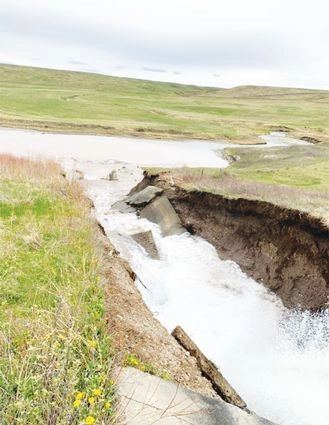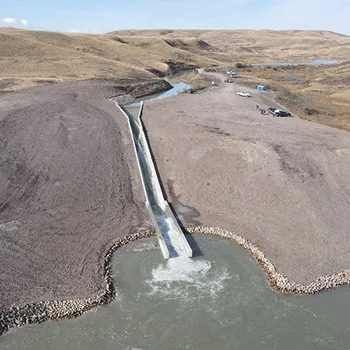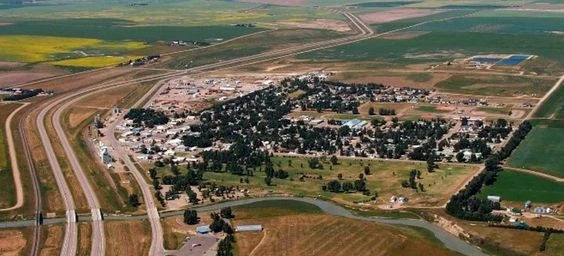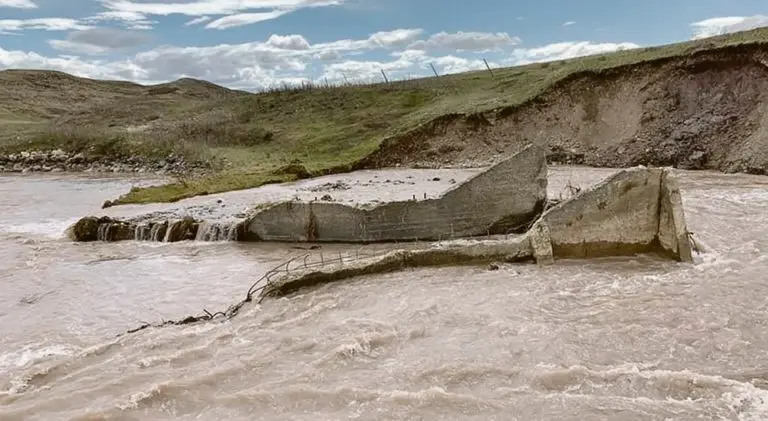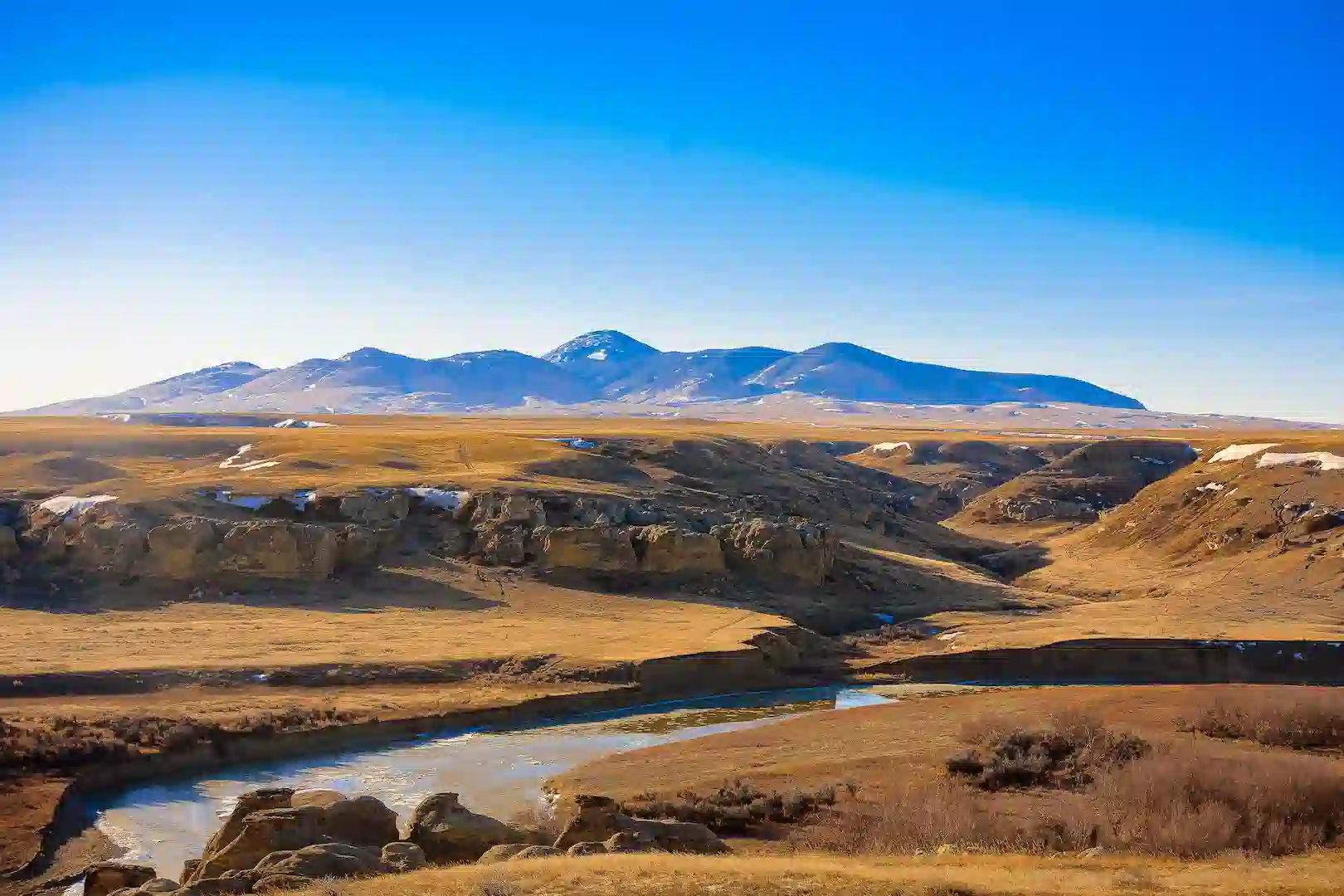Residents in Milk River and Coutts, Alberta, are subject to water restrictions due to the Milk River's declining flow.
The town of Milk River banned all non-essential water consumption as of July 22. This includes selling bulk water as well as the practice of watering lawns and washing automobiles.
The town stated in a news release that the goal of the limitations was to "guarantee that all residences receive an appropriate amount of water... and that sufficient reserve supplies are available should they be necessary for emergency fire-fighting operations."
"We are moving to Level 2 water restrictions because the town can no longer pump enough water from the river to meet the demand."
The village of Coutts uses the same water supply and has comparable limitations. Early this month, the community partially curtailed water use by restricting watering yards and gardens. However, as river water levels continue to plummet, all non-essential water use is now outlawed.
Due to many diversion facilities failing on the Montana side of the border this spring, the Milk River is low and decreasing instead of receiving the typical water diversion from the St. Mary River.
Although those structures are now undergoing repairs, they will be finished in late September or early October.
The Milk River's low flow has impacted irrigators on both sides of the border and the town and village. Additionally, it has reduced riverside leisure.
The isolated places are receiving supplies from Canada, and repairs are progressing, although the region's severe rain has forced some delays.
According to Losey, a third dip has also raised some red flags.
"They don't know whether they are going to do it," she added. "When they pumped the water out of the No. 1 drop, they noticed some exposed rebar and the cement is broken." They have not yet decided whether they would perform it immediately while performing the other two drops.
If you want to read more on the news, please
click to see more >>
